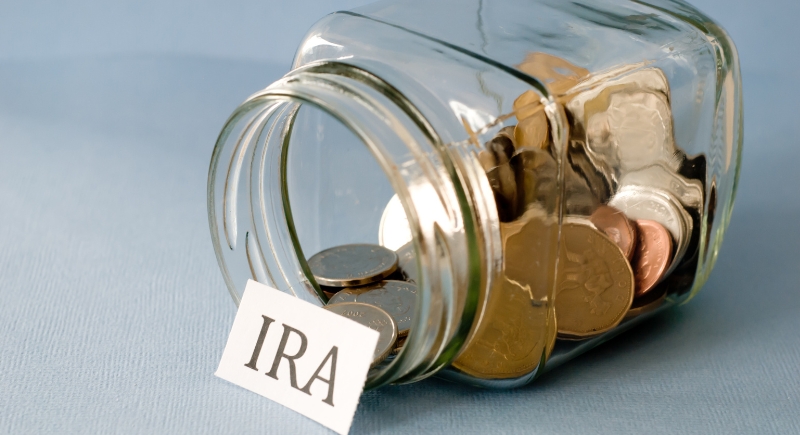10 Important Assets Boomers Should Hold Onto During Retirement
Retirement doesn’t mean giving everything away. It’s more about knowing what still serves a purpose financially, emotionally, or practically. Boomers who’ve spent decades building a life often have assets worth more than a quick cash-out. Here are a few things better kept than sold, not because they’re untouchable, but because they continue to add value long after the job is done.
Reliable Transportation

Credit: Canva
Independence often depends on mobility. Having a dependable car with updated safety features makes appointments and social outings easier. Selling a vehicle to downsize might seem smart until you’re stuck relying on family or expensive ride-shares.
Well-Functioning Home

Credit: Getty Images
It’s easy to assume downsizing is the right move, but owning a paid-off home often beats starting fresh. A mortgage-free property means no rent, and it often grows in value over time. Additionally, homeownership provides control and freedom to adapt it to your needs as you age.
Time-Saving Tech

Credit: Getty Images
Tablets and smartphones help manage prescriptions and keep in touch with family. Emergency alert systems and smart home devices add convenience and security. Skipping these tools to save money can backfire when small tasks start feeling harder. Tech that works well can help retirement life run smoothly.
Long-Term Care Insurance

Credit: Getty Images
According to the U.S. Department of Health and Human Services, 7 in 10 people over 65 will need long-term care at some point. Insurance helps cover that without burning through savings. It can pay for in-home aides, assisted living, or nursing care. These are some of the services that Medicare usually doesn’t handle.
Employer-Sponsored Retirement Accounts

Credit: Getty Images
Retirement accounts like IRAs and 401(k)s work best when they’re used for their intended purpose: long-term growth. They’re not rainy-day funds. With careful withdrawals and attention to required minimum distribution rules, you can keep more of what you’ve earned and let the balance continue working for you without unnecessary taxes or penalties.
Heirlooms With Story Value

Credit: pexels
Not every valuable item comes with a price tag. That necklace from a grandmother or a clock passed down for generations holds resale value and carries memories. If something’s survived this long, maybe it deserves to stick around long enough to become someone else’s favorite thing.
A Good CPA or Financial Advisor

Credit: Aflo Images
Retirement doesn’t come with a manual, but a competent advisor comes close. Tax rules get trickier with Social Security, investments, and Medicare premiums in the mix. Having someone who can flag mistakes before they’re made, like forgetting a required minimum distribution, can save more than spreadsheets can show.
Your Social Circle

Credit: Canva
Friends keep life steady after work ends. Regular contact, even with a small group, supports memory, mood, and overall health. Join a club, check in with neighbors, or meet for coffee now and then. Staying connected gives the week structure and keeps isolation from creeping in.
Hobbies That Can Pay for Themselves

Credit: Getty Images
Not every hobby drains the bank. Some, like gardening or crafting, can return value over time. Selling a few handmade items at the local market or teaching a skill casually on the side brings in extra cash and keeps the brain engaged.
Emergency Fund

Credit: Canva
Unexpected costs can derail even a careful budget. Setting aside cash equal to six to twelve months of expenses helps you stay steady when repairs, medical bills, or other surprises come up. Keep the money in a secure, easy-access account so it’s ready when you need it, but still earns a bit of interest.